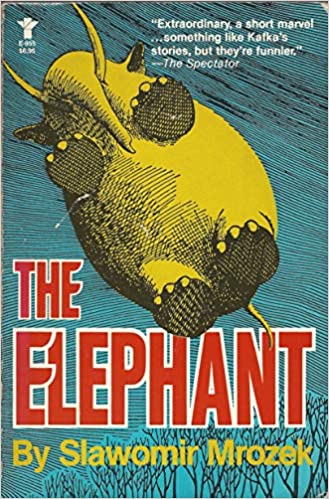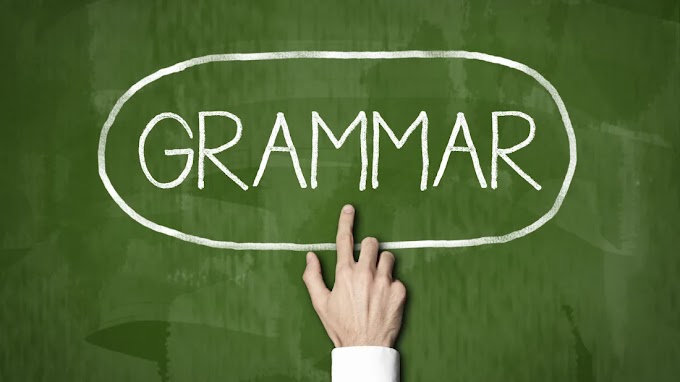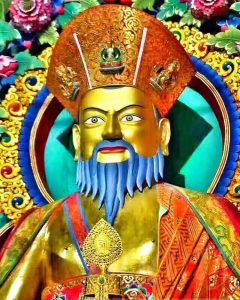Chapter
FourEmergence
of Modern Bhutan
Chapter FourEmergence of Modern Bhutan
Druk Gyalpo Jigme Singye Wangchuck (1955)
ü He was born in Dechenchholing Palace on 11th November 1955.
ü 1972, he was appointed as the Chairman of the
Planning Commission.
ü On May 5, 1972, he was installed as the
Choetse Poenlop.
ü On June
2, 1974, he was installed as the Fourth King of Bhutan at the age of 17, so
he became the youngest Monarch in the world.
ü During the coronation, the King pledged to
serve Bhutan and its people with fidelity and with best of ability.
The Contributions of His Majesty the 4th King
Reform Goals
a.
To
achieve economic self-reliance and the wellbeing of the people
b.
To
create necessary infrastructure in all the areas of development
c.
To
develop human resources
d.
To have
balance between modernization, development, values and cultural heritage
e. To achieve developmental plans with peoples
participation
Guiding Principles of Bhutan’s Development
i)
Economic
Self-reliance.
ii)
Environmental
Preservation:
iii) Balanced Development between Modernization and
Culture and Tradition:
iv)
Decentralization
and Devolution:
v) Cultural Preservation:
The Gross National Happiness (GNH) has become
the development philosophy of Bhutan.
i.
Political Reforms:
a) Council
of Ministers:
ü Lhengye Zhung Tshog was the oldest institution
because it originated in 17th century.
ü It underwent changes during 3rd
King.
ü It again changed during the Fourth King.
ü In 1998 during 76th Session of
National Assembly of Bhutan, King issued a Royal Edict, Kasho to elect a
Council of Ministers.
ü By this Edict, King handed over most of his
powers to the Council of Ministers.
ü
Six
Ministers were elected by Tshogdu for a term of five years.
The Six members were:
i)
Lyonpo
Jigme Y. Thinley,
ii)
Lyonpo
Yeshey Zimba,
iii)
Lyonpo
Khandu Wangchuk,
iv)
Lyonpo
Sangay Ngedup,
v)
Lyonpo
Kinzang Dorji; and,
vi)
Lyonpo Thinley Gyamtsho.
ü
The
King became the Head of the State:
ü
The
head of the government was rotated amongst the minister for a term of one year
each according to the vote they secured.
ü
Lyonpo
Jigme Y. Thinley was the First head of the government.
ü
In
2003, the Council of Ministers was expanded with 4 new Ministers.
They were:
ü
Lympo
Jigme Singye
ü
Lympo
Leki Dorji
ü
Lympo
Wangdi Norbu
ü
Lympo
Ugyen shering
ii)Constitution:
ü
In
September 2001, His Majesty the Fourth King issued Royal Decree about the
drafting of a constitution.
ü
The
main purpose of the Constitution is to ensure justice, liberty, unity,
happiness and wellbeing of the people for all time.
ü
It has
34 articles.
ü
It
insists on two party systems than a multi-party system for political stability
and success of democracy in Bhutan.
ü
Committee
was formed from the Monk Body, People, Judiciary and the Royal Government.
ü
On 26th March 2005, the first
Draft of the Constitution was released.
iii)Royal Civil Service
Commission(RCSC):
ü
Till
1982, Bhutan didn’t have a commission to recruit Civil Servants in different
jobs.
ü
The
recruitment of civil servant was becoming complicated. Therefore, His Majesty appointed RCSC.
ü
RCSC is
headed by Secretary appointed by the King. (At present it is a constitutional
post and Chairman is the head of the commission)
ü
The
Commission conducts the Civil Service Examination for graduates and engineers
for various jobs.
iv)Decentralization
and people’s participation:
ü
It was
a major reform of 4th King.
ü
Decentralization
means sharing of powers.
ü
People’s
participation means participation in developmental process.
ü
It
gained special preferences in the beginning of Five Year Plan in 1981.
ü
Till
1980, everything was centralized.
ü The King felt that the centralization is
increasing the dependency of people on government for rural development.
Features of Decentralization:
ü District Development.
ü Effective programmes by Dzongkhag.
ü Reduction of Bureaucracy and cost.
ü Optimum utilization of resources.
ü Greater people’s participation in decision
making.
Decentralization
and People’s participation resulted in establishment of Dzongkhag Yargye
Tshogdue (DTY) and Gewog Yargye Tshogchung (GYT).
DYT
and GYT are established as a partnership between people and the Government.
a)(The Dzongkhag Yargye Tshogdue) (DYT)
ü Our country is divided into 20 Dzongkhags and
205 Gewogs.
ü DYT was established in 20 Dzongkhags in 1981.
ü The Members were:Dzongdag, the Sector heads
and the Gups.
ü The Members are guided by the Chathrim.
ü Till 2003, DYT was headed by Dzongdag but in
2003, the Chairperson is elected from the members.
ü The DYT decisions are taken on 2/3rd
majority.
ü The outcomes of DYT are placed before the
Tshogdu for approval to become the part of national development plan.
b)The Gewog Yargye Tshogchung) (GYT)
ü King sensed that GYT will bring greater
participation and more rural development.
Therefore, GYT was established in 1991.
ü DYT provided the framework of GYT.
ü It is headed by the Gup and assisted by
Mangap, Tshogpasand Chipons.
ü During the meeting every households should
send a representative of minimum age of 18 years.
ü The members are elected by villagers through a
secret ballot through simple majority.
ü GYT brought a balanced development in the
Kingdom.
ü The development of the power through DYT and
GYT from the center to make design has been one of the greatest achievements of
Fourth King.
Significance
of GYT
ü It ensured greater participation at the grass
root level
ü At the gewog level, people can identify and
prioritize their needs which resulted in rural development
ü It ensured balanced socio-economic development
in all the 205 gewogs
ü Greater responsibility was given to all the
people.









0 Comments